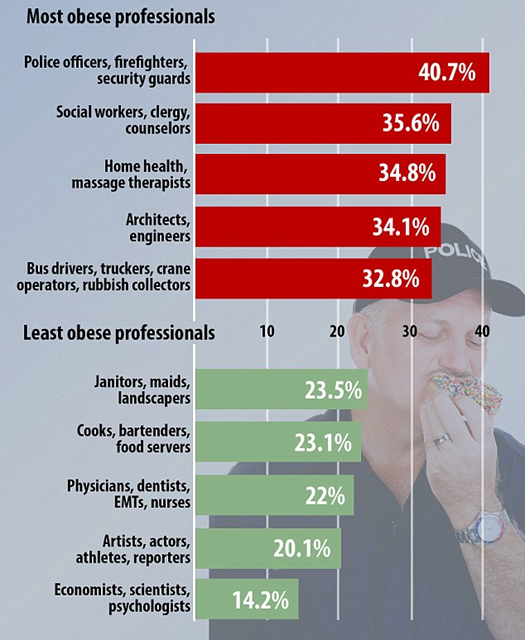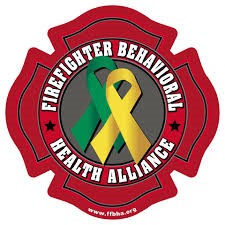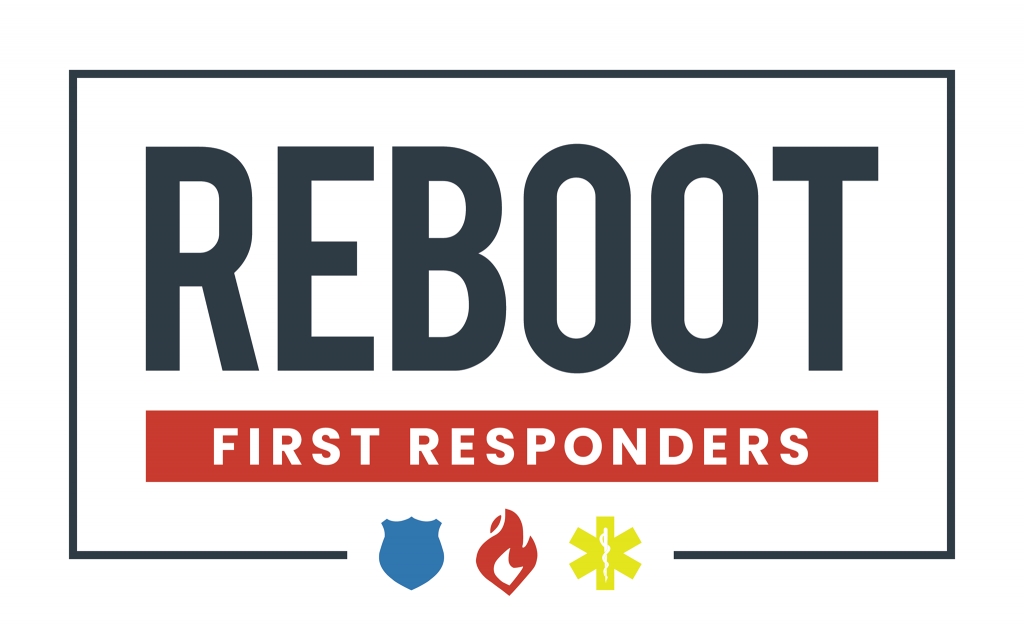
Check your Health
Good Physical Health Leads to a Fulfilling Life
“Don’t you realize that your body is the temple of the Holy Spirit, who lives in you and was given to you by God?” “You do not belong to yourself, for God bought you with a high price. So you must honor God with your body.” 1 Corinthians 6:19-20 NLT
Being a first responder means that every shift will be different. You will experience long hours, little sleep, and nutritional challenges. In minutes, you can go from a mundane call for service to a high-stress and high-risk situation. The average person will experience less than a dozen traumatic incidents in their lifetime; first responders can experience that in one shift. Over a 30-year career, first responders will encounter thousands of stressful incidents. These incidents and experiences play havoc on your physical and mental health. By maintaining good physical and mental health, you will be better prepared to handle the duties and responsibilities of a first responder.
In the United States, heart disease is the leading cause of death. According to the American Heart Association, someone suffers from a heart attack every 40 seconds.[1] Among firefighters, heart disease and cancer are the leading causes of line-of-duty deaths.
The sad fact is, on average, a police officer lives 15 years less than the average American. Nearly 50% of police officers will die from heart disease within five years of retirement. Statistically, cops are 25 times more likely to suffer a heart-related injury or death than from a suspect’s aggressive actions. Since 1977, the majority of firefighter deaths have been attributed to sudden cardiac death. About 88% of paramedics reported at least one significant cardiovascular risk factor.
We live in a 24/7 – 365 society; we are exposed to natural and artificial light, and like many, we work unnatural hours. We eat and sleep when we can, and we are constantly bombarded with unhealthy eating choices. Sadly, as first responders, we lead the nation as the most obese professions. Shift work, poor and unhealthy eating habits, job stress, sleep disorders, and the lack of fitness standards are all factors that may cause weight gain.

Being a first responder requires a higher level of physical fitness than other occupations. Within law enforcement, it is estimated that 80% of our officers are overweight, and about 40% are obese. Several studies found that the prevalence of overweight and obesity combined is very high in the career fire service, ranging from 73% to 88%. Similar prevalence estimates (76% to 87%) have been documented for volunteer firefighters.[2] Numerous related conditions, such as higher rates of diabetes and hypertension, as well as a higher chance of musculoskeletal injuries, are often brought on by obesity. Shift work, poor and unhealthy eating habits, job stress, sleep disorders, and the lack of fitness standards are all factors that may cause weight gain. Diseases such as depression, osteoarthritis, Type 2 diabetes, obstructive sleep apnea, cardiovascular disorders, and certain types of cancer are more likely to be caused by obesity.
By maintaining good physical health, we may avoid most major problems. We need to take care of ourselves. We need to be proactive. See your doctor yearly; quarterly would be better. Get those blood tests, those EKGs, those whole-body scans. Physical fitness does not have to be complicated; take that walk after a meal, stand up for a few minutes every hour during your waking hours, and get involved in outdoor activity. Do some aerobic activity; one of the most significant benefits of exercising thirty minutes daily is reduced risk of diseases. Exercising strengthens your heart and improves blood circulation. The enhanced circulation or increased blood flow raises oxygen levels in the blood. This helps lower your risk of heart disease and associated risk factors. These are high cholesterol, high blood pressure, stroke, heart attack, high triglyceride levels, and coronary heart diseases.[3]
Visit a nutritionist and get a healthy eating plan. Cast away those high-sugar and carbohydrate snacks. Drink water instead of those fattening designer coffees or sugar & caffeine-laden energy drinks. Get off the couch and take that walk around the block. Get out that old glove and play catch with the kids. Set reasonable goals that can be easily incorporated into your daily routine. By keeping our bodies fit and strong and staying healthy, we unknowingly improve our mental health.
To truly be fit, we must focus on our spiritual health. God values our bodies and wants us to treat them properly. He calls them “temples of God.” He knows that good health can contribute to our happiness and personal growth. The Holy Spirit will be among us if we are sincere in our bodies and minds.
“Don’t you realize that all of you together are the temple of God and that the Spirit of God lives in you? God will destroy anyone who destroys this temple. For God’s temple is holy, and you are that temple.”
1 Corinthians 3:16-17.
The healthy steps you start now can help you live longer and enjoy a higher quality of life well into retirement.
As First Responders, we took an oath to protect good and fight evil. Many have lost track of their priorities and have put the job first in their lives. If you are experiencing lower than usual sense of self-worth, depression or misplaced guilt, inability to specifically remember or talk about the trauma, feeling numb emotionally, dissociation (not aware of the present moment), a feeling of disconnection from your everyday lives, feeling hyper-aroused and vigilant for danger all the time, lashing out in irritability or unexplained anger, feeling jittery, or unable to concentrate on tasks at hand or other anxiety disorders, such as panic or intense distress, talk to someone and get help. Return to the basics: Put God First, Family Second, and the job further down in the order.
IF YOU HAVE THOUGHTS OF SUICIDE, GET HELP NOW
Law Enforcement Copline (800) 267-5463
Firefighters / Medics Fire/EMS HELPLINE (800) 731-FIRE (3473)
- I Tsao CW, Aday AW, Almarzooq ZI, Beaton AZ, Bittencourt MS, Boehme AK, et al. Heart Disease and Stroke Statistics—2023 Update: A Report From the American Heart Association. Circulation. 2023;147:e93–e621. ↑
- Poston, Walker S.C. Ph.D., The Prevalence of Overweight, Obesity, and Substandard Fitness in a Population-Based Firefighter Cohort, accessed November 14, 2023, ↑
- R. Mogeni, “30 Mins of Cardio A Day; The Good, The Bad, And the Myth,” accessed November 20, 2023, ↑









